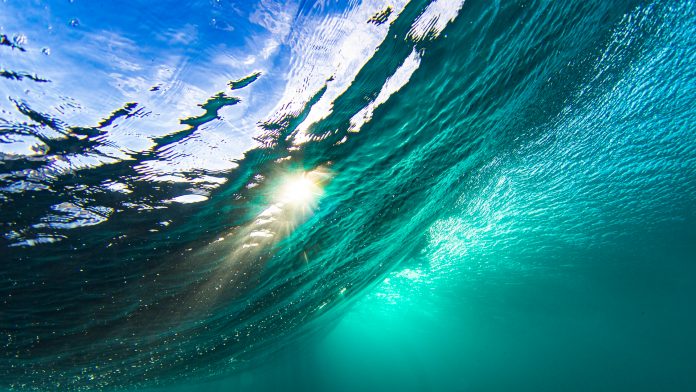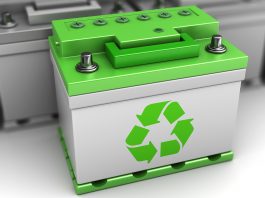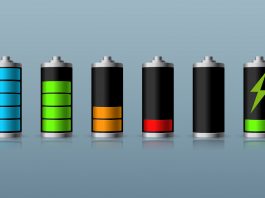Experts suggest that plans to build a circular economy around coastal areas could see metals recovered from seawater transformed into a sustainable replacement for mined raw materials in batteries.
The raw materials in batteries often come from mines outside of Europe with huge impacts to the environment. According to Sandra Casas, a water expert from the Eurecat Centre of Technology, Spain, a more sustainable source of metals is found when seawater is made safe to drink at a desalination plant. Casas explained: “Metals are usually concentrated in the initial desalination process, but normally they’re discharged back into the sea.”
When a desalination plant transforms seawater into drinking water it condenses salts, metals, and other compounds into a brine. This leftover liquid is a great source of indium, gallium, and lithium – all of which are critical building blocks for electronic devices like smartphones.
Casas is part of the co-ordination team at Sea4Value, a circular economy project aiming to extract and commercialise resources from seawater brine. The EU project will demonstrate new technologies at two desalination plants, in the Atlantic Ocean (Canary Islands) and the Mediterranean (Spain). These plants will trial innovations like 3D printed adsorption modules and coated nanofiltration membranes, which will treat and concentrate brine in a way that will enable metals and minerals to be harvested cost-efficiently.
Mined raw materials are often the cheapest, despite their environmental and social impacts, and Europe is increasingly dependent on these imports. The European Commission says that the EU will need about 60 times more lithium for electric vehicle batteries and energy storage by 2050.
Casas has warned governments and companies to stop going down this linear path and start seeing the opportunities of a circular economy. She added: “If we are able to recover these metals locally, and in a cost-effective way, it makes more sense than depending on these imports.”









